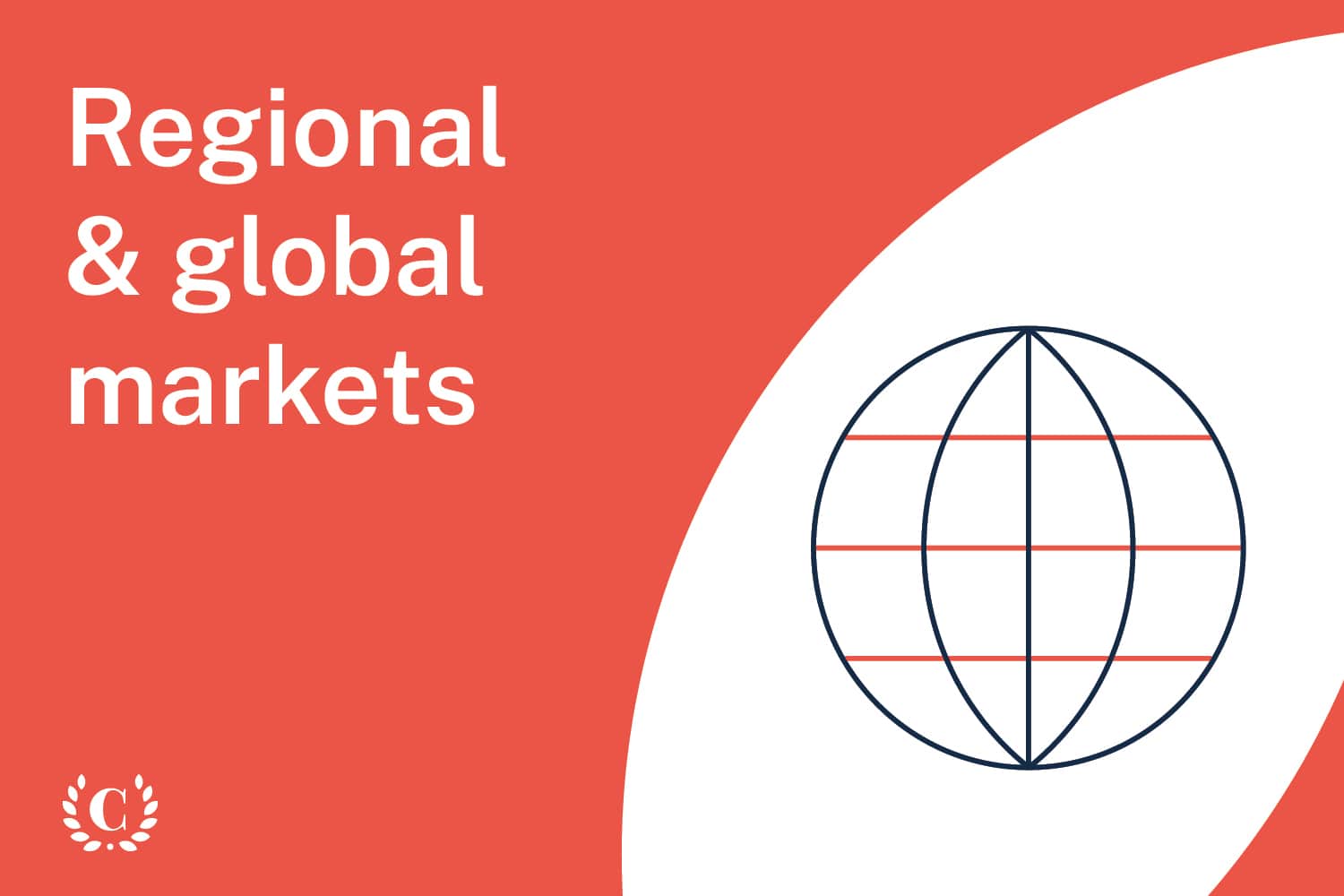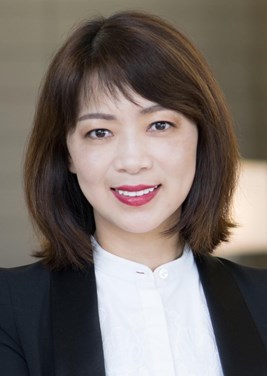
Julie Gao, head of Skadden's China practice, shares her experience of building a successful career in the Asia market.

Please tell us a little bit about yourself, your career, and your practice.
I was born in Shanghai. I went to Peking University Law School for my undergraduate study in Beijing and then went to the US for postgraduate studies, in sociology initially. After graduation, I worked as a legal assistant at a non-profit legal aid organization in Southern California, serving an underprivileged community of Asian Pacific heritage. After a year working there, the attorney supervisors at the organization saw my enthusiasm for the job and my ability to handle more challenging work, and encouraged me to apply to law school. I ended up going to UCLA Law School and earning my J.D. degree in three years.
I started my legal career in the US and later returned to China, working in Hong Kong. I have been a corporate lawyer for over two decades, advising leading Chinese companies in their most significant capital markets and corporate transactions. I am the head of Skadden’s China practice, and also a member of Skadden’s Policy Committee, the firm’s highest governing body.
What initially drew you to the Asia market? What are some of the main differences between your practice and your counterparts in the US?
I moved to Hong Kong in 2004 after Trip.com Group’s (fka Ctrip.com) IPO. The prospect of helping rising Chinese companies to expand was exciting to me: I wanted to have the opportunity to work with Chinese companies that were accessing international capital markets to help raise their profile and further grow their businesses, and to be a part of their growth and success. Many of the clients I advised were similar to me in terms of background — mainland Chinese, overseas-educated and now pursuing careers in China.
Instead of differences with the US, I prefer to focus on common features. The Skadden way is to hire extremely smart and service oriented people; to provide continuing, comprehensive training and development; and to problem-solve relentlessly. We insist on the highest standards. We collaborate seamlessly across practices and regions to provide clients with the strategic advice they need to compete in today’s business environment.
"I enjoy working with Chinese companies that are leaders in their industries and are at the forefront of China’s new economy, and helping them to grow internationally."
When it came to making a legal career in Asia, what were your biggest considerations? What were to biggest ‘pros’ and ‘cons’ on your list?
As I mentioned, I enjoy working with Chinese companies that are leaders in their industries and are at the forefront of China’s new economy, and helping them to grow internationally. In particular, I appreciate the process of helping my clients develop, expand and succeed with their business goals. I can do that from Hong Kong, given my proximity to my Chinese clients and my past experience in the US.
Which key moments or decisions in your career enabled you to get to where you are today?
Early in my career, although I developed experience across a wide variety of practices, I ultimately focused on corporate work because of the stimulating nature of cross-border work and the chance it allowed me to utilize my bi-lingual and bi-cultural background.
I moved to Skadden in 2009 after the firm recruited me to upscale our China practice — in terms of growth, impact and creatively imagining what is possible. My colleagues at Skadden are the best at what they do, and being at the firm has allowed me to continue to grow my client base and use my skills to advise China’s most innovative and pioneering companies.
I have been fortunate through my work to meet many outstanding people from a range of industries, which I get to dive further into. And one good thing often leads to others. Working with clients as they reach meaningful milestones is fulfilling for me. Of course, what is significant to one client can differ from what is significant for another.
Every time I start a new deal, I find myself learning new things. I am motivated by the success of my clients. Using my legal skills to help clients across a gamut of industries certainly keeps me energized. Seeing companies — from their early years — achieve growth both in China and abroad is gratifying.
Is it harder to make a successful career in your jurisdiction than in the US?
I don’t think so. The Asia market is highly versatile, which requires lawyers to constantly learn new things to keep up with the market development. On the other hand, it also creates opportunities for lawyers and law firms that have the requisite capabilities and resources to meet the market demand. I am appreciative of our firm's global resources, including a strong team and on-the-ground resources in Hong Kong. In addition, working parents in Hong Kong have more access to domestic and childcare support than do working parents in many other places.
In terms of being a woman dealmaker in Asia, I have been very fortunate and do not think it has been a barrier for me. Three women have joined the partnership in the past six years in Greater China, with 25% of the China-based partnership now being female.
"Professional dedication is the most fundamental character trait for any job, no matter where you are working, at every level of your professional path."
How do attorneys ensure that they’re working in their jurisdiction in an anti-racist and socially conscious way?
For attorneys who are managing a team, the firm asks that they apply an equity lens in evaluating firm processes and resources, including when recruiting, overseeing professional development (including work allocation), giving performance feedback and providing mentorship. We also consider equity when augmenting well-being support and when enhancing firm educational programs on racial equity.
In terms of being socially conscious, Skadden also has a strong pro bono culture; attorneys are encouraged to cultivate a pro bono practice, and the firm counts pro bono hours towards attorney bonuses. The Hong Kong office has been recognized by the Law Society and the chief secretary for the Administration’s Office for its pro bono efforts. In Asia, we also run affinity groups for women and LGBTQI attorneys, both to encourage and support those attorneys in their career development and also to develop allyship and contribute to the wider community.
What advice would you give to someone who dreams of forging a successful legal career in Asia?
Professional dedication is the most fundamental character trait for any job, no matter where you are working, at every level of your professional path. Your first job will probably not be your final role or position, and perhaps you have higher ambitions, but you must be dedicated at every post.
Besides the obvious importance of doing well in your law school classes, I think lawyers and professionals in all fields need the following attributes and qualities for long-term success: dedication to one’s profession; enthusiasm for service; a passion for self-development and lifelong learning; perseverance and diligence; and enthusiasm and positivity to sustain you during challenging and demanding periods.
